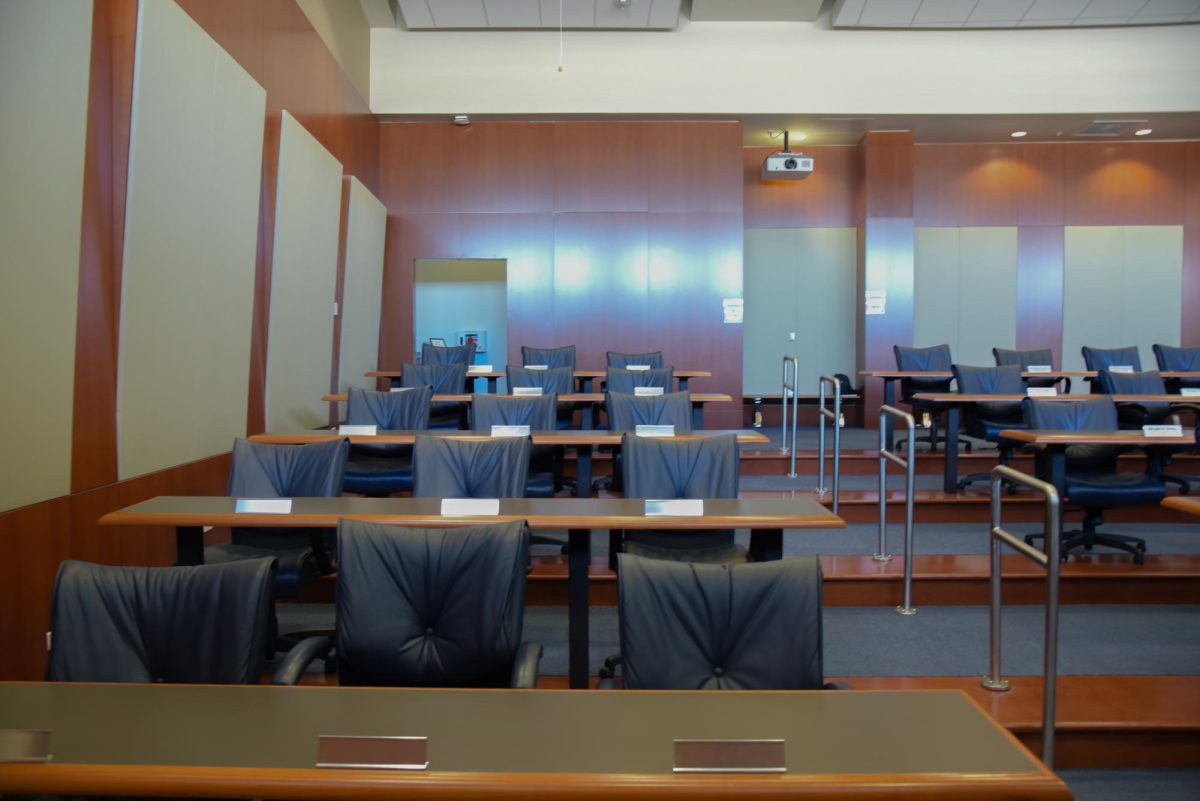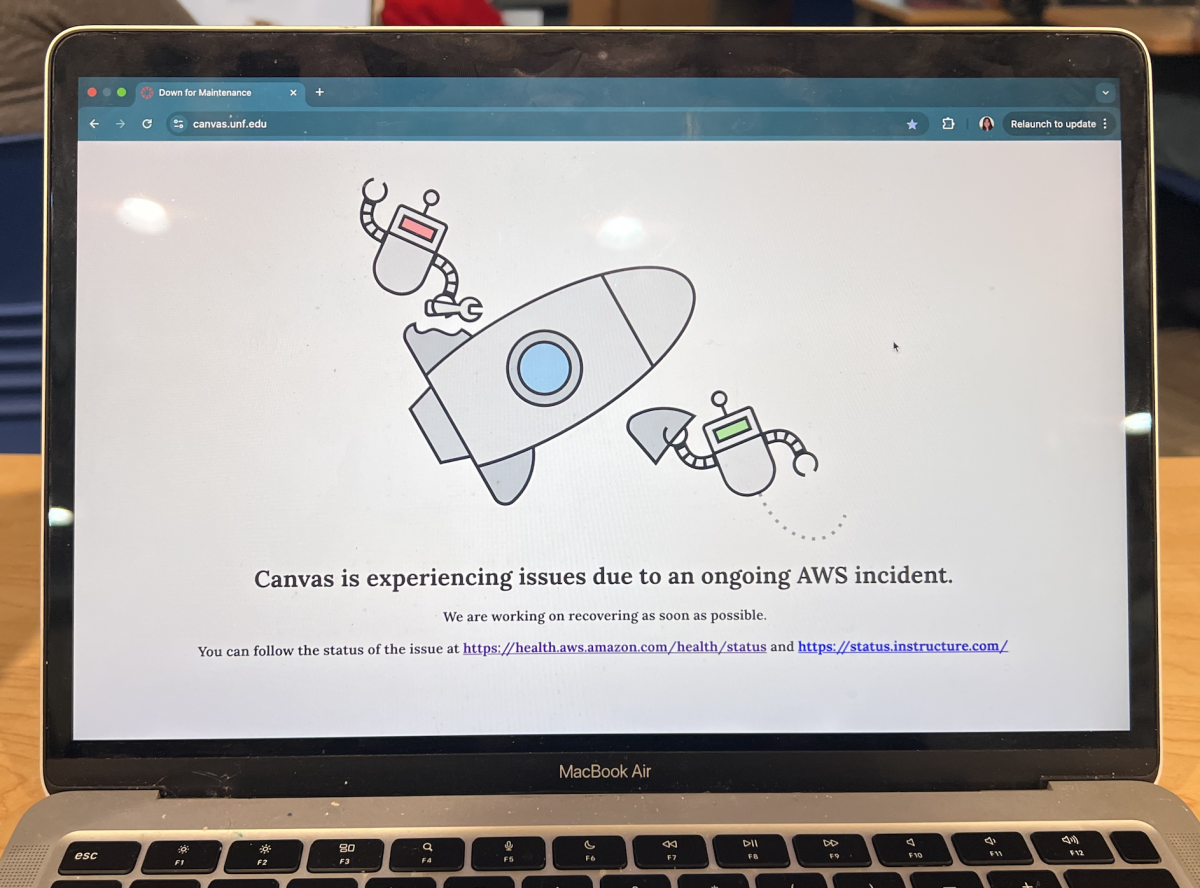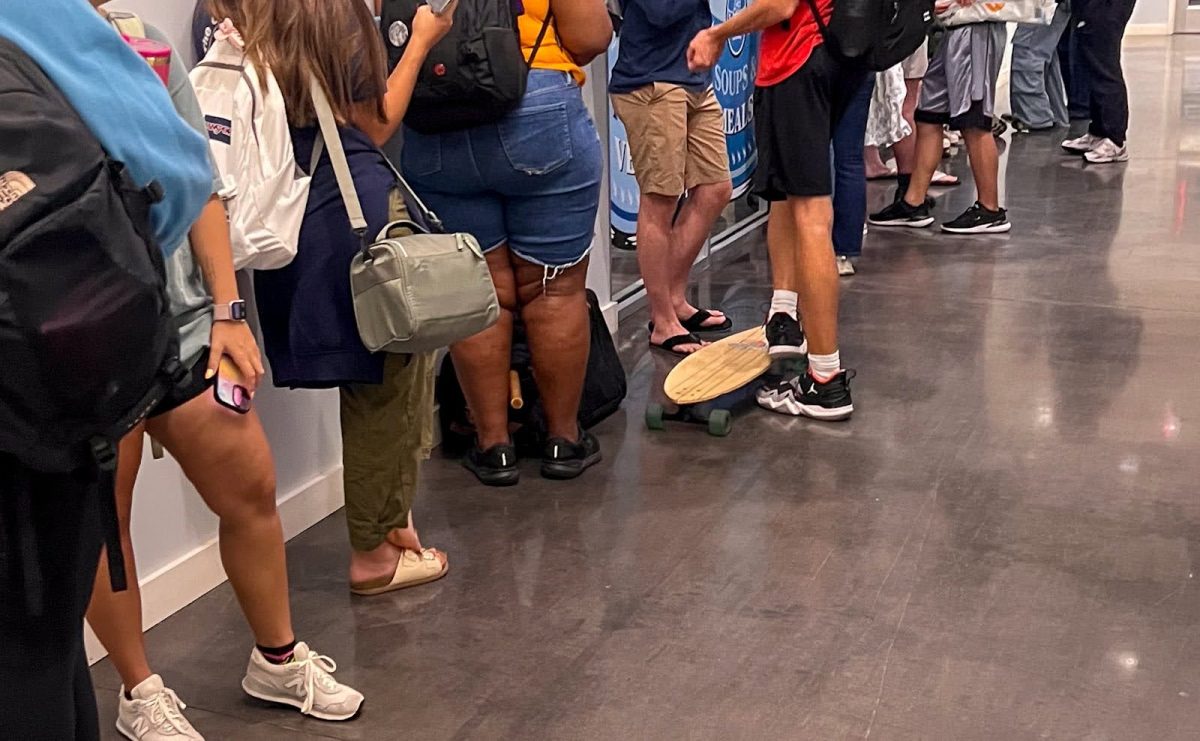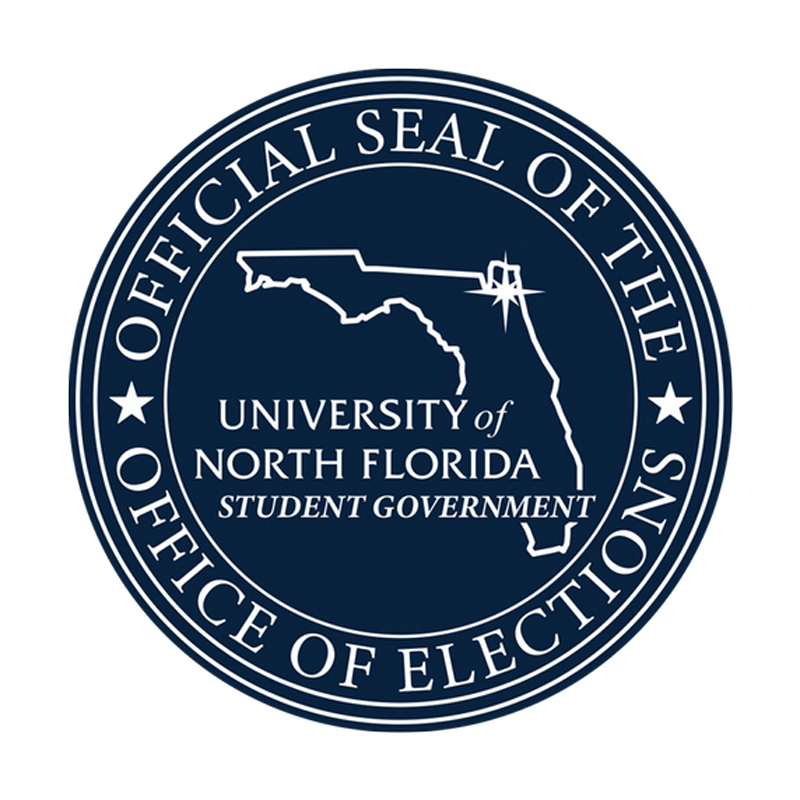 UNF will place financial hold on unpaying students
UNF will place financial hold on unpaying students
The deadline to withdraw from fall classes is Nov. 6, and students — including Bright Futures scholarship recipients — pull out their wallets as the unsatisfactory midterm grades roll in.
The state legislature passed a law — 1009.286 of the Florida statutes — July 1, which forces Bright Futures recipients to pay the state back in full for any withdrawn class.
The state bills the university for each class a Bright Futures recipient withdraws from, and the university places a financial hold on the student’s account until he or she pays it off at the Cashier’s Office. A student must pay the Cashier’s Office for a withdrawn class before spring registration.
The university has to front the money for this bill 30 days after the end of the semester whether the student has paid it or not. After awhile, if the student still does not pay off this charge, the debt will be turned over to collections, Owen said.
During spring 2009, Michelle Gershon, a UNF graphic design sophomore, as well as five other students, picketed the Green in hope to raise awareness of these changes.
“The government promised students their college tuition, and now they’re taking it away,” Gershon said. “It’s unethical.”
Gershon said the change was the government’s form of blackmail.
Adjunct philosophy professor Nicolas Michaud said the change inhibits students’ ability to broaden their learning.
“Legislature such as this produces people that are very, very good at doing one particular thing, but not able to think deeply about it,” he said.
Michaud said these changes will affect students’ decisions to try classes outside of their major, thus weakening their liberal arts education.
On the other side of the spectrum sits students such as Anna Kirkpatrick, an international studies freshman at UNF. She said these are necessary adjustments to keep the scholarship program afloat.
“These changes didn’t come about until the economic crisis,” Kirkpatrick said. “It’s obvious we’re in tough times.”
Delena Lambert, a UNF graphic design sophomore, said the legislation gives students consequences for their actions, which makes them want to strive harder for better grades.
UNF Honors adviser Laura Ache said she’s able to “see both side of it.”
“In some respects, it’s penalizing students for staying in a class they’re not ready for,” Ache said. “However, they were given that money. It’s making them more intentional in choosing classes.”
Charmaine Martinez, a UNF journalism sophomore, said she paid $504 to withdraw from a four credit hour class this semester. She said she found herself in a dilemma.
“What do you do?” Martinez said. “You either withdraw and pay it back or lose your scholarship.”
She said the point of a scholarship is to help people who are financially unable to attend college, not harm them.
“We’re going to be seeing a lot of students that have Bright Futures debts [this semester],” said Jim Owen, director of One Stop Student Services. “There are certainly pros and cons to it, [but either way,] they’ve got to pay it back.”












Angelita Borrero | Mar 11, 2010 at 11:50 am
What the real problem is with repaying for the class that you dropped/ withdrew from is actually paying for it! I recently withdrew from a class after the refund deadline, and was told to repay the amount that was given to me for the class. However, nobody anywhere tells you how to repay it. I’ve asked 5 people (Financial Aid, Cashier’s Office, even a guidence counselor) and every single one of them told me to talk to a different person.
I need to repay this before they hand it over to collections, but nobody is telling you how to. I’ll pay it instantly, but only if you tell me who to send it to.